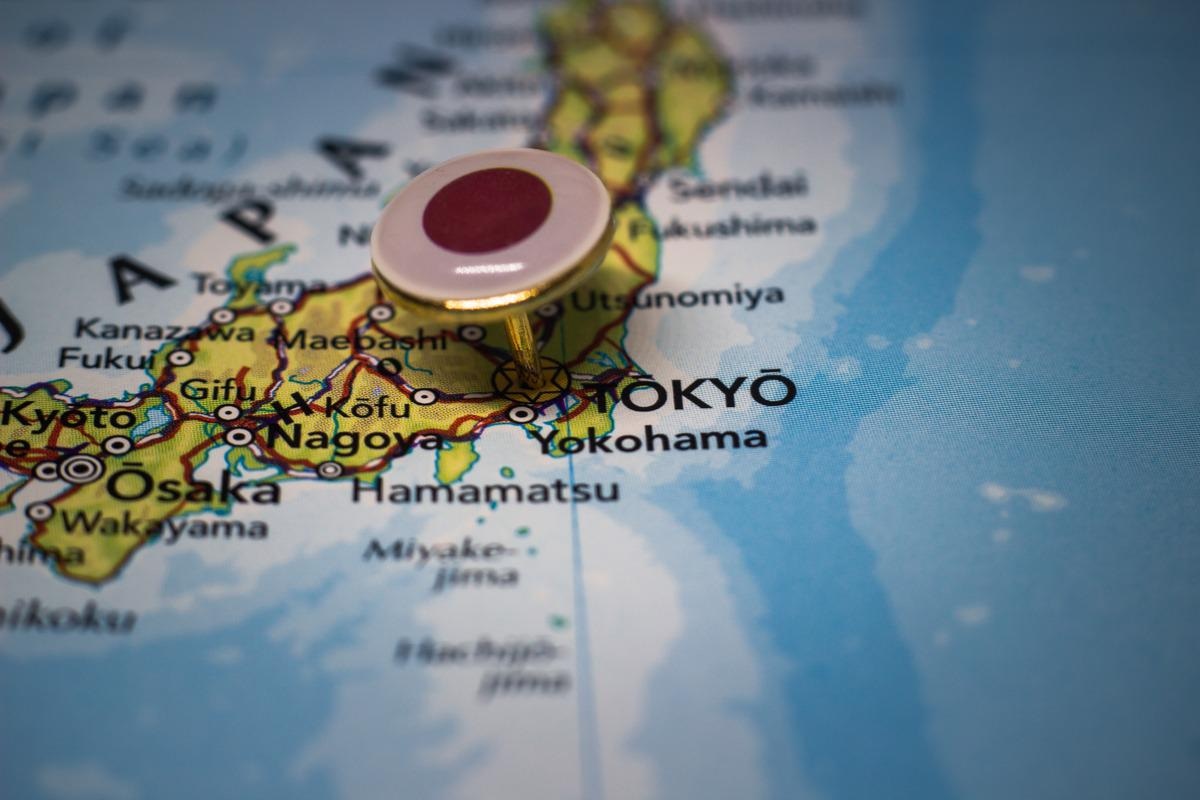Table of Contents
In a latest paper posted to the Age and Ageing, investigators illustrated the impact of adopting a changeable nutritious way of living on life span gains from center to previous age.

Track record
Globally, lifetime expectancy has enhanced, with various formulated international locations expecting ordinary lifetime expectations of ≥85 a long time by 2030. Existing proof suggests that social aspects, which include sociodemographic posture and universal health treatment, are joined to a extended lifespan. In the meantime, many scientific studies have connected the blended influence of some modifiable nutritious life style variables, this sort of as moderate physical exercise and enough slumber duration, to a longer lifestyle expectancy in industrialized nations. These investigations exhibit that adopting a healthful, changeable life-style can aid people today are living for a longer time.
Nevertheless, multiple contentious arguments exist on this subject. 1st, because countrywide lifetime expectancy has hit a plateau in latest decades in nations with substantial average everyday living expectancy, it is unclear if the positive aspects of adjustable healthy way of living variables are lacking in older men and women or all those with more time ordinary lifetime expectancies. Next, data for individuals with multimorbidity and comorbidities is missing.
About the review
The present investigation investigated whether or not transforming particular life-style behaviors may well assistance people stay extended from middle age onwards, even if they experienced chronic comorbidities at every single life phase. The team explored the impact of a changeable healthful lifestyle on lifespan achieve throughout various age teams in more than 40,000 Japanese men and women, nicely-known to have the best everyday living expectancy in the earth.
The authors analyzed a possible team of 26,247 gals and 20,373 guys aged 40 to 80 several years. They assessed eight modifiable way of living variables: intake of fish, milk, and fruit, sports participation or going for walks, body-mass index (BMI), rest period, smoking status, and alcoholic beverages use. The staff assigned just one position for each individual adjustable healthier life style factor, summing up 8 factors. They evaluated the affect of the adoption of a modifiable nutritious way of living on lifespan benefits in men and women aged 40 to 102 a long time.
Results and conversations
The review results depicted that all through the median follow-up interval of 21 years, 8,966 individuals died, including 5,283 females and 3,683 males. This study uncovered that life style experienced a sizeable, albeit insignificant, influence on lifespan gains in middle age. However, existence expectancy at 40 a long time was 46.8 (ranging from 45.6 to 48.1) and 51.3 (varying involving 50. and 52.6 a long time) for seven to eight health way of life points for males and girls, respectively. Further, these effects had been substantially greater than the before reports.
The investigation uncovered new info on the changeable healthy life style universally obtained from middle age onwards, and an regular existence expectancy of around 90 and 85 a long time for ladies and males, respectively. The probable affect of modifiable healthful life-style adherence on life time achieve remained in excess of ≥80 several years in people with five or more variables, particularly older males. People with critical comorbidities, these as cancer, cardiovascular disease, diabetes, hypertension, renal sickness, and these with multimorbidity across all age groups, reaped the most positive aspects.
Also, women, but not males, had the best lifetime benefit from abstaining from liquor use. The processes that underpin this gender disparity are worthy of more consideration. In addition, survival likelihood in between the latest cohort information and the modern Japanese nationwide census information and facts coincided, implying that these two effects have been national representatives, albeit the baseline census survey was carried out in the 1990s.
Conclusions
In accordance to the research results, the influence of a changeable healthful way of living showed a clear publicity-reaction association, with a prolonged remaining average lifespan and life span enhance in both equally males and women, even when they were 80 years or older. The authors observed that even throughout people today aged ≥80 years, adopting at the very least six changeable balanced lifestyles was joined to lifetime obtain, irrespective of chronic comorbidities at just about every lifetime stage following center age. The findings suggested that life style modification was critical for a extended existence span in men and women, which includes elderly patients or these going through multimorbidity.
Total, the current median 21-calendar year inhabitants-dependent future exploration emphasised the relevance of modifiable healthful life-style enhancements for world-wide longevity gains. The authors mentioned that the currently offered wellbeing benefits on existence expectancy or lifetime achieve may well give beneficial indicators for the normal community, well being policymakers, and health care gurus. As a consequence, these conclusions could be beneficial in designing long run community health and fitness approaches, healthcare configurations, and policies pertinent to industrialized nations and getting old.




More Stories
Festivals can be a potent drive for sustainable lifestyle alterations, new analysis exhibits
Lifestyle Center Evolution and Retail Expansion Strategies
How Scientists Are Safeguarding Plovers’ Beachfront Way of life